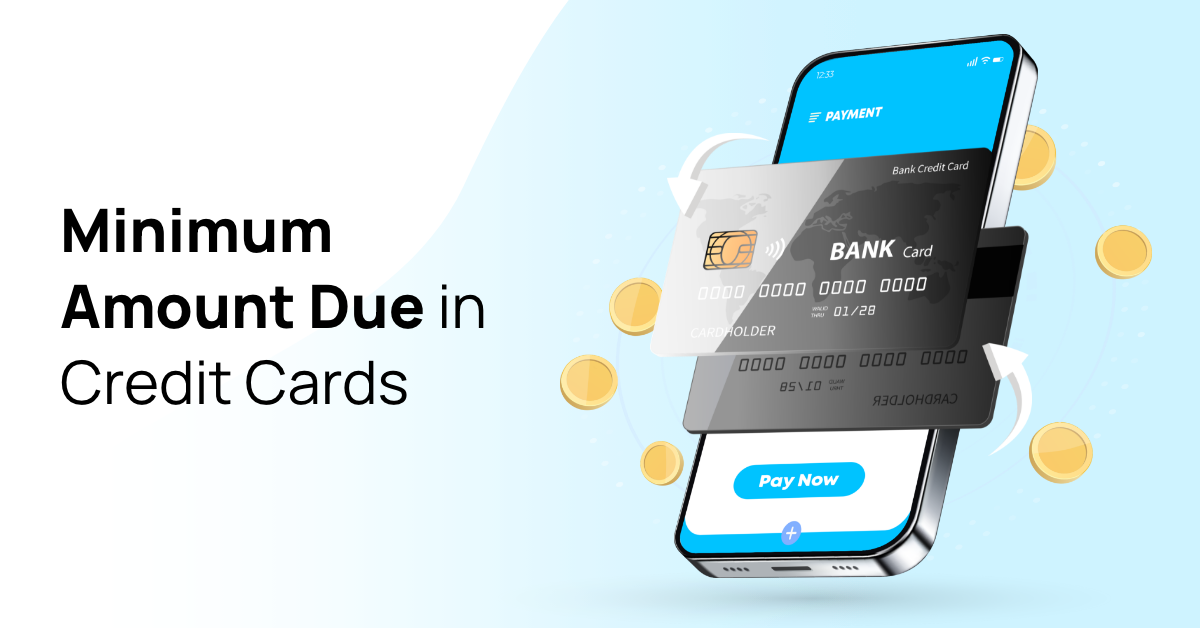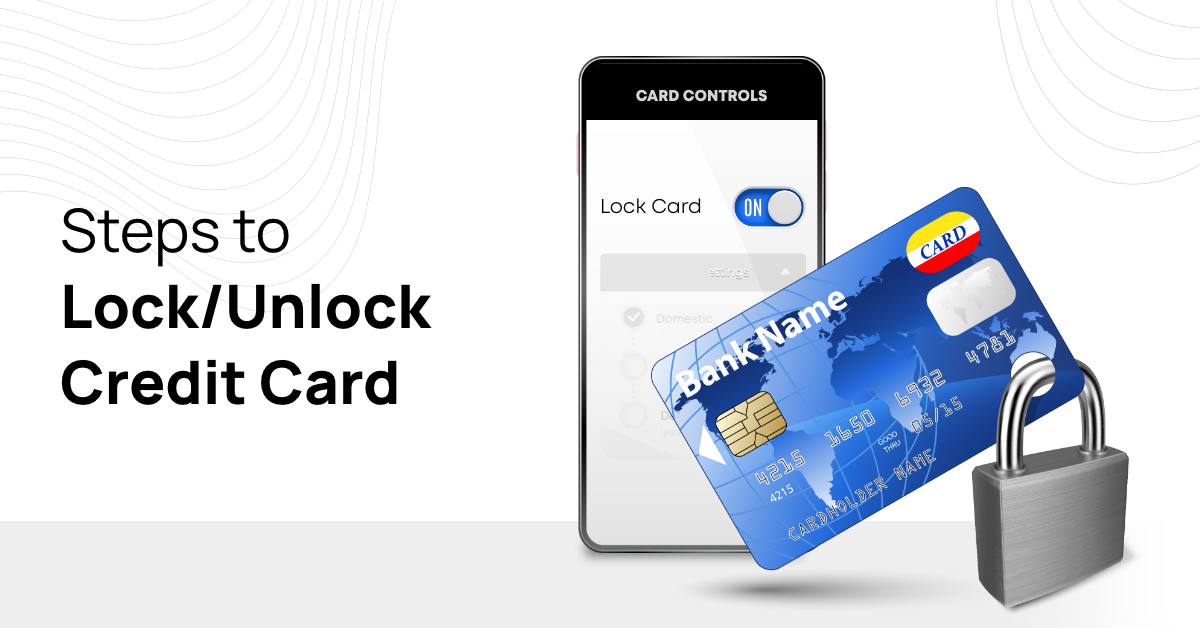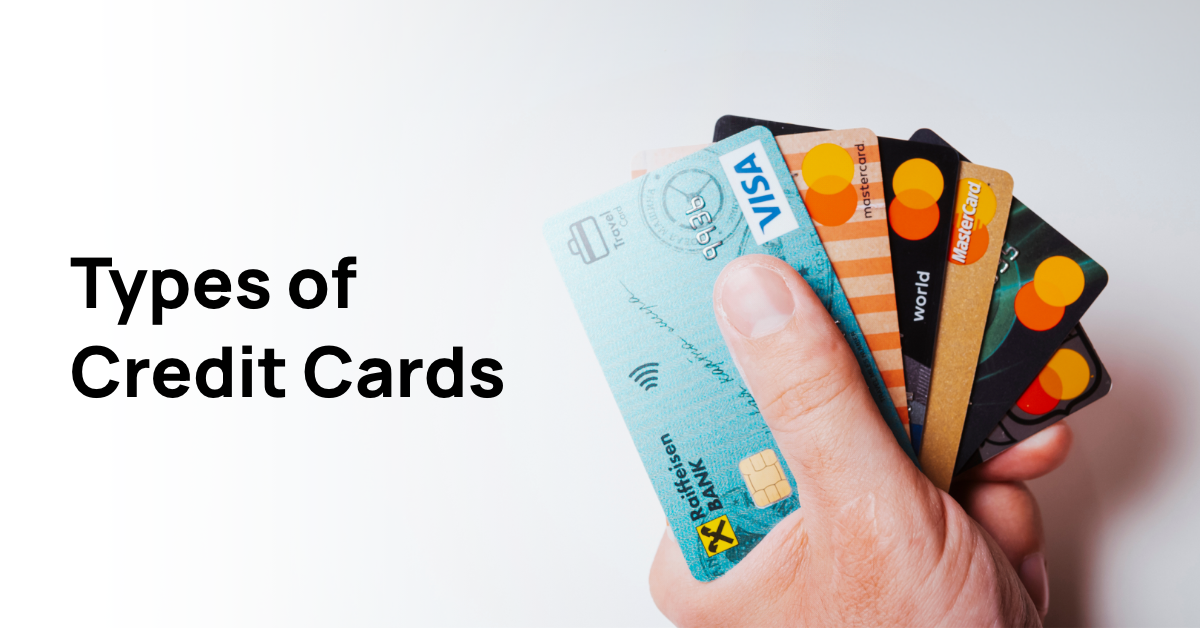What is Minimum Due in Credit Card?
By OneCard | December 18, 2023

Credit cards are a convenient and popular tool to manage expenses. You can use it for daily purchases as well as big expenses, and repay the amount later. When it comes to repaying the amount, certain technical terms may baffle you. One such term is “minimum amount due.” This blog will help you understand it in detail and its impact on your repayment plan.
Table of contents:
- What Is Minimum Due In Credit Cards?
- Calculation of the Minimum Amount Due on a Credit Card
- Implications of Paying Only the Minimum Amount Due
- Importance of Paying More Than the Minimum Amount Due
- Strategies to Manage Credit Card Payments
- Best Practices for Credit Card Usage
- Common Misconceptions About the Credit Card Minimum Due
What Is Minimum Due In Credit Cards?
When individuals receive their credit card statement, they come across the term “minimum amount due.” It refers to the minimum payment the credit card user is required to pay in order to maintain their account in good standing. The minimum due is generally a small percentage of the outstanding balance or a fixed minimum amount, whichever is higher.
The credit card minimum due is calculated based on several factors. These include the outstanding balance, interest charges, fees, and other applicable charges. It is important to note that the minimum due covers only a fraction of the total outstanding balance.
Calculation of the Minimum Amount Due on a Credit Card
The calculation of the minimum amount due on credit cards involves various factors. Generally, it is 5% of the outstanding balance on the bill generation date. It may be larger if there are outstanding EMIs or unpaid minimum dues from past billing cycles.
The calculation of the minimum amount due includes the following types of charges:
- EMIs and any charges associated with EMIs
- Interest charges if any
- Any amount used over and above the credit limit
- 5% of the remaining balance outstanding
Any unpaid minimum amount from previous statements is added to the current minimum amount due.
Implications of Paying Only the Minimum Amount Due
Sometimes, you might face some financial constraints, making it difficult to pay your entire credit card balance. In that case, you may choose to pay the minimum due. However, it cannot be a permanent solution, as paying only the minimum amount will lead to increased debt.
First and foremost, it results in higher interest rates and financial charges. The remaining balance is carried forward to the next credit card billing cycle, accumulating interest charges that can quickly add up. Continuing to pay the minimum balance can make your dues unmanageable, making it harder to repay them.
Moreover, paying only the minimum amount due for a long time hurts your credit score. Credit utilisation ratio, which is the ratio of credit used to the total credit limit, plays a crucial role in determining the creditworthiness of an individual.
Importance of Paying More Than the Minimum Amount Due
To make the most of credit cards, paying more than the minimum required is essential. By doing so, individuals can take advantage of the following benefits:
Reducing interest charges and debt burden
Paying more than the minimum due allows cardholders to reduce the outstanding balance faster, thereby minimising the interest charges. This approach helps clear credit card debt more efficiently.
Improving credit score
Paying more than the minimum due lowers the credit utilisation ratio, positively impacting the credit score. It demonstrates responsible credit card usage and financial discipline, which can enhance one’s creditworthiness.
Developing healthy financial habits
Individuals develop responsible financial management by making higher payments. It helps avoid unnecessary debt and building a more robust financial foundation.
Availing benefits and rewards
Some credit cards offer rewards and benefits for making higher payments. By paying more than the minimum due, individuals can unlock these advantages, such as discounts, or reward points, ultimately maximising the value of credit card usage.
ALSO READ: How To Use Your OneCard to Build Your Credit Score
Strategies to Manage Credit Card Payments
To effectively manage credit card payments, consider implementing the following strategies:
Budgeting and planning expenses
Create a monthly budget that includes credit card payments. It ensures you allocate sufficient funds to cover more than the minimum amount due.
Paying more than the minimum due
Aim to pay as much as possible above the minimum due each month. Even a slight increase in payment can make a significant difference in reducing the outstanding balance.
ALSO READ: Why Paying Credit Card Minimum Amount Does Not Help?
Prioritising high-interest debts
If you have multiple credit cards or debts, prioritise paying off those with higher interest rates first. This approach minimises the overall interest charges and enables faster debt repayment.
Best Practices for Credit Card Usage
In addition to managing credit card payments effectively, it is essential to adopt the following best practices:
- Regularly monitor credit card statements: Review your statements monthly to ensure accuracy and identify any unauthorised charges promptly. It allows you to address any issues or discrepancies on time.
- Avoid unnecessary expenses: Practise responsible spending by evaluating your purchases carefully and prioritising essential items to avoid accumulating excessive debt.
- Set reminders for payment due dates: Set reminders or notifications to ensure you never miss a credit card payment. Timely payments help prevent late fees and penalties while maintaining a good credit history.
Common Misconceptions About the Credit Card Minimum Due
1: Misconception: Paying the minimum due is sufficient to maintain a good credit score.
Reality: Paying only the minimum amount due can negatively impact the credit score due to the increase in credit utilisation ratio.
2: Misconception: Paying only the minimum due helps reserve money in the short term.
Reality: Individuals end up paying significantly more over time due to accumulated interest charges.
3: Misconception: Paying the minimum due helps pay off the debt gradually.
Reality: The minimum amount due is a very small portion of your total due while the remaining balance will keep accumulating interest charges. Therefore paying only minimum due can lead to a perpetual cycle of debt.
4: Misconception: Making higher payments than the minimum due is financially burdensome.
Reality: While it may seem challenging, paying more than minimum due reduces interest charges, clears debt faster, and creates greater financial freedom.
By understanding these common misconceptions, you can be more aware of the implications of paying just the minimum amount due on credit cards. Making informed decisions and striving to pay more than the minimum due can help you achieve a better credit score, reduce and even avoid credit card debt, and ensure a stronger financial future for yourself.

**Disclaimer: The information provided in this webpage does not, and is not intended to, constitute any kind of advice; instead, all the information available here is for general informational purposes only. FPL Technologies Private Limited and the author shall not be responsible for any direct/indirect/damages/loss incurred by the reader for making any decision based on the contents and information. Please consult your advisor before making any decision.


Credit Card Bill Payment Offers - Exclusive Deals on Bills Payment


Sharing is caring 😉